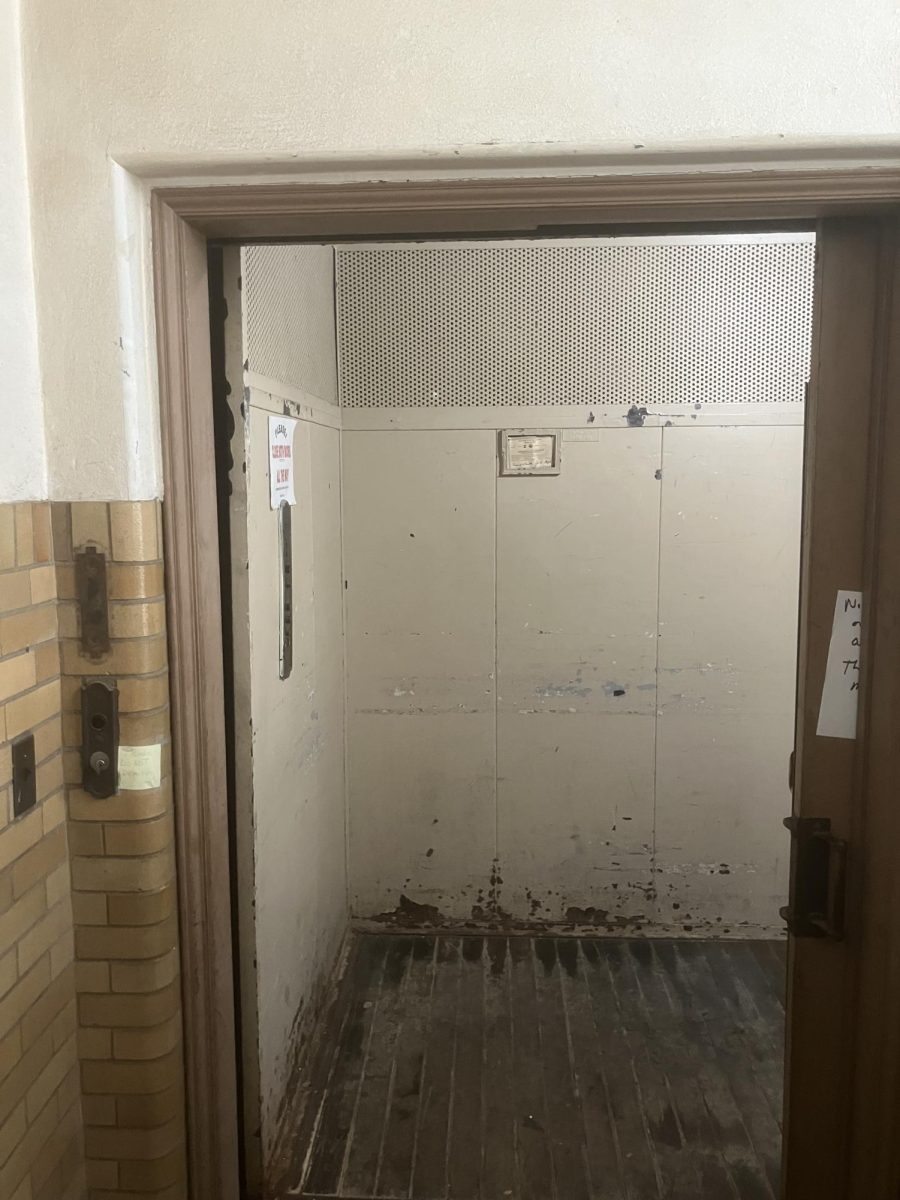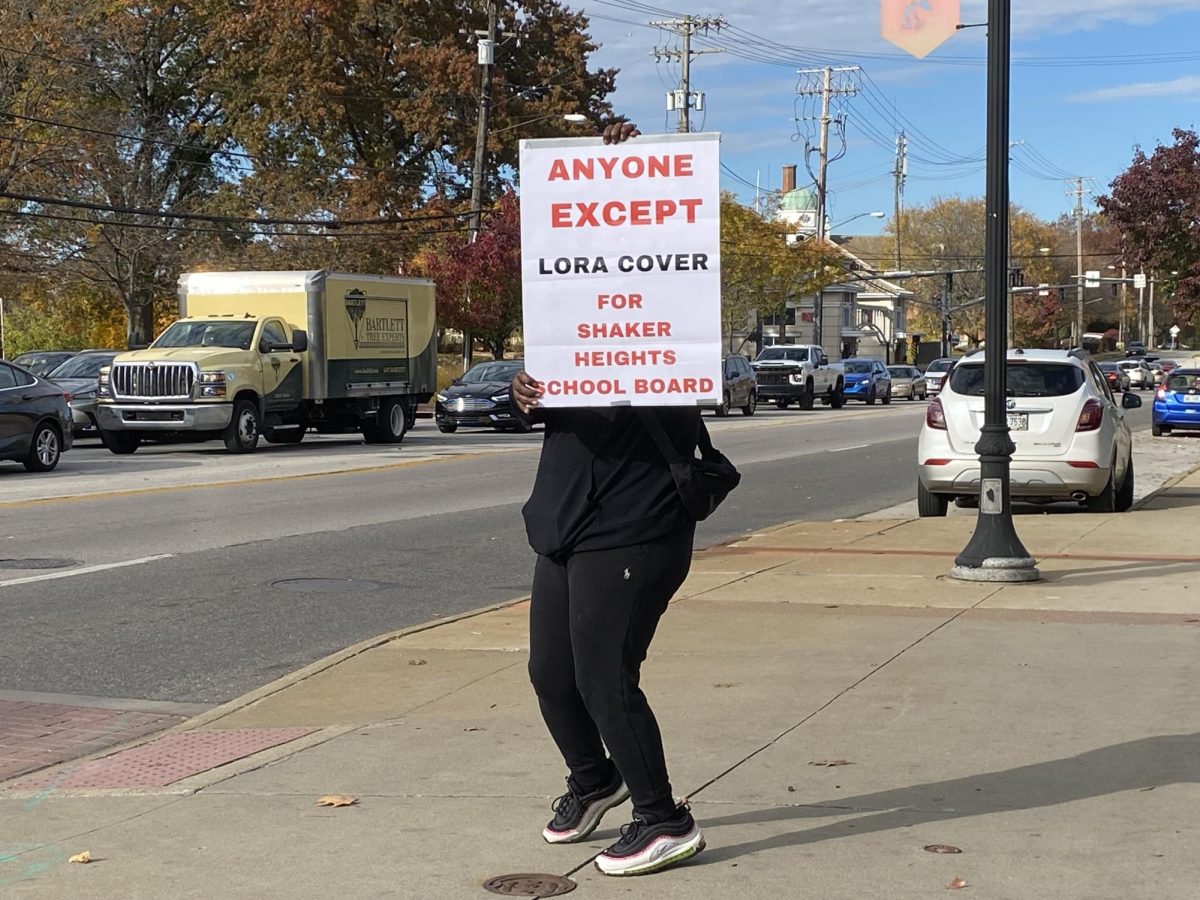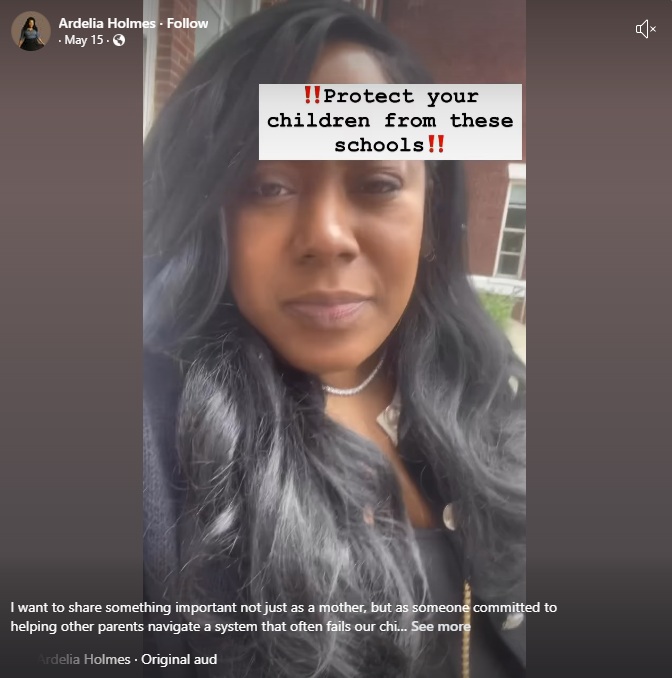The district has decided to continue diversity, equity and inclusion programs despite orders from the federal government to cease.
On Inauguration Day, Jan. 20, President Donald Trump signed an executive order to eliminate DEI programs and hiring practices in the federal government. Diversity, equity and inclusion is a framework of thought that generates practices designed to promote equal opportunity and participation of individuals from groups that have historically faced exclusion.
On Feb. 14, the U.S. Department of Education issued a memo that gave public schools nationwide two weeks to remove DEI programs. It ordered that states collect signatures from schools to confirm their compliance.
Board of Education president Lora Cover said that the board decided through a discussion and vote to not sign the letter from the state. “There’s a bunch of vague language in what they wanted us to certify,” she said. “They never defined what illegal DEI activities would be.”
“Equity is really important to the work that we do, and to even pretend that we were going to comply with a thing when we didn’t even know what they were asking for — it felt like hitting at the integrity of who we are as a district,” Cover said.
The memo states that public schools that sponsor DEI programs violate Title VI of the Civil Rights Act of 1964, which states that government-funded programs cannot discriminate based on race. Programs in the district that may be considered DEI include the Student Group on Race Relations, a group that aims to educate students on racism; MAC Scholars, a program that promotes the achievement of Black students through educational support; and the Bridges Program, which seeks to diversify Advanced Placement and IB classes.
Cover said that she does not expect major changes to DEI programs next school year. “I can’t imagine that students are going to see anything that is dramatically different when they come back. I think there may be some sort of differences in the bylaws of some of the organizations we have, or some policies that are going to need to shift. I am cautiously optimistic that, come the fall, it will still feel like Shaker schools when you return,” she said.
Cover said that the district would consider changing department names or job titles to maintain DEI programs. “Even if it has to look slightly different, this is still going to be a priority and an anchor to how we think about education here,” she said.
Junior Sumaya Osman is president of the South Asian Students Association, a group that focuses on South Asian culture but is open to members of all backgrounds. She said that SASA has discussed threats to DEI and decided not to take action.
“We haven’t talked about any active precautions. Maybe we should. We’re just kind of seeing what happens right now,” Osman said. “I feel like we don’t really know how large this is going to be. It’s hard to see what to do in this situation, but it’s definitely something we plan on talking about more.”
West Point, a U.S. military academy in New York, disbanded student groups for women, racial and ethnic minorities, and LGBTQ+ students in response to Trump’s Jan. 20 executive order against DEI in the federal government.
The two largest teachers unions in the country, the American Federation of Teachers and the National Education Association, filed lawsuits against the federal government due to its threats to withhold funding from K-12 schools that practice DEI.
Attorney Subodh Chandra, whose three sons graduated from the high school, said that the district should not comply with the Department of Education’s anti-DEI orders. He said that, typically, when the Department of Education is concerned that a school is violating discrimination law, it notifies the district, conducts an investigation, informs the district of the results and negotiates with the district before funding cuts are considered.
“This administration has contempt for the rule of law and due process, and so instead, they’re prejudging diversity, equity, inclusion and accessibility programs without any formal investigation,” he said. “Instead, what we have is these threats — across the country, writ large — to districts, to comply with vague edicts,” Chandra said.
“At the end of the day, I have at least some confidence that federal courts will protect Shaker’s right to due process and its right to insist that the proper legal processes be followed,” he said.
State legislation also poses potential threats to DEI in the district and other Ohio public schools. The Parents’ Bill of Rights is an Ohio law that requires schools to notify parents of changes to their child’s mental, physical or emotional health, which includes identifying as transgender.
House Bill 190 builds on the policies established in the Parents’ Bill of Rights. If passed, it would prohibit school personnel from referring to students by a name that does not appear on their birth certificate, or by a pronoun that doesn’t align with their biological sex.
Sophomore Ava Knapp, the vice president of Gender and Sexuality Alliance, said that attendance is not taken at GSA meetings to protect its members’ privacy. Knapp said that GSA is a safe environment for LGBTQ+ students.
“It’s important because, in a lot of schools, it can be a little more taboo to talk about that during the day,” Knapp said. “It’s a safe space for a lot of students, which can be really important for your mental health.”
Knapp said that GSA makes efforts to fly under the radar. “Shaker’s already, I guess, in the public eye in regards to not being compliant with stuff like DEI,” she said. “There was discussion about potentially doing a walkout. There was a thing with GLSEN that was technically a ‘day of no silence.’ We eventually decided against that,” Knapp said.
GLSEN, formerly the Gay, Lesbian and Straight Education Network, is a national organization that works to protect LGBTQ+ students. It organizes the Day of Silence, an annual demonstration that aims to raise awareness of discrimination against LGBTQ+ students.
Senate Bill 113 has been introduced to the Ohio Senate and, if passed, it would ban DEI in public K-12 schools. Cover said that she is concerned about Senate Bill 113 because of potential withholding of state funding. She said that the district receives around 30 percent of its funding from the state.
Said Chandra, “No good can come from curtailing sincere, nondiscriminatory efforts at providing equal opportunity and education. It would not only be contrary to Shaker’s values to capitulate, but it would be contrary to its interest.”







